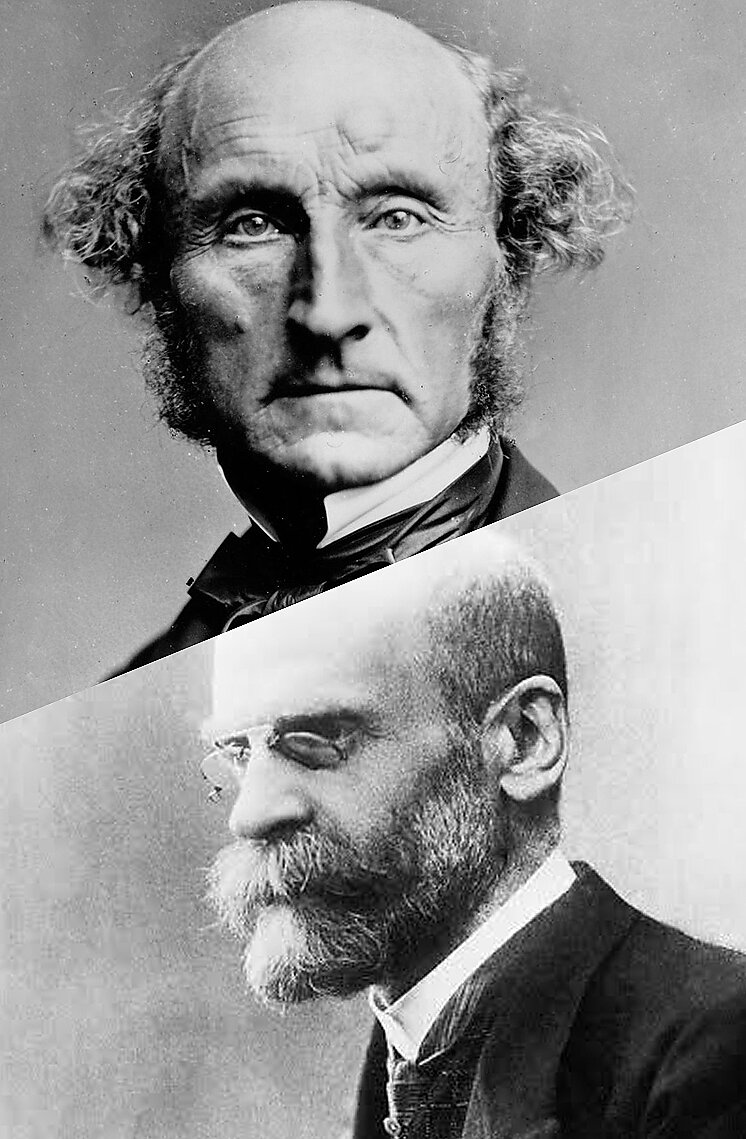Introduction to Criminal Justice Reform
The role of criminal law is to identify, discourage, and punish behavior that harms other people or otherwise threatens the very fabric of civil society.
The Role of Criminal Law
The role of criminal law is to identify, discourage, and punish behavior that harms other people or otherwise threatens the very fabric of civil society.
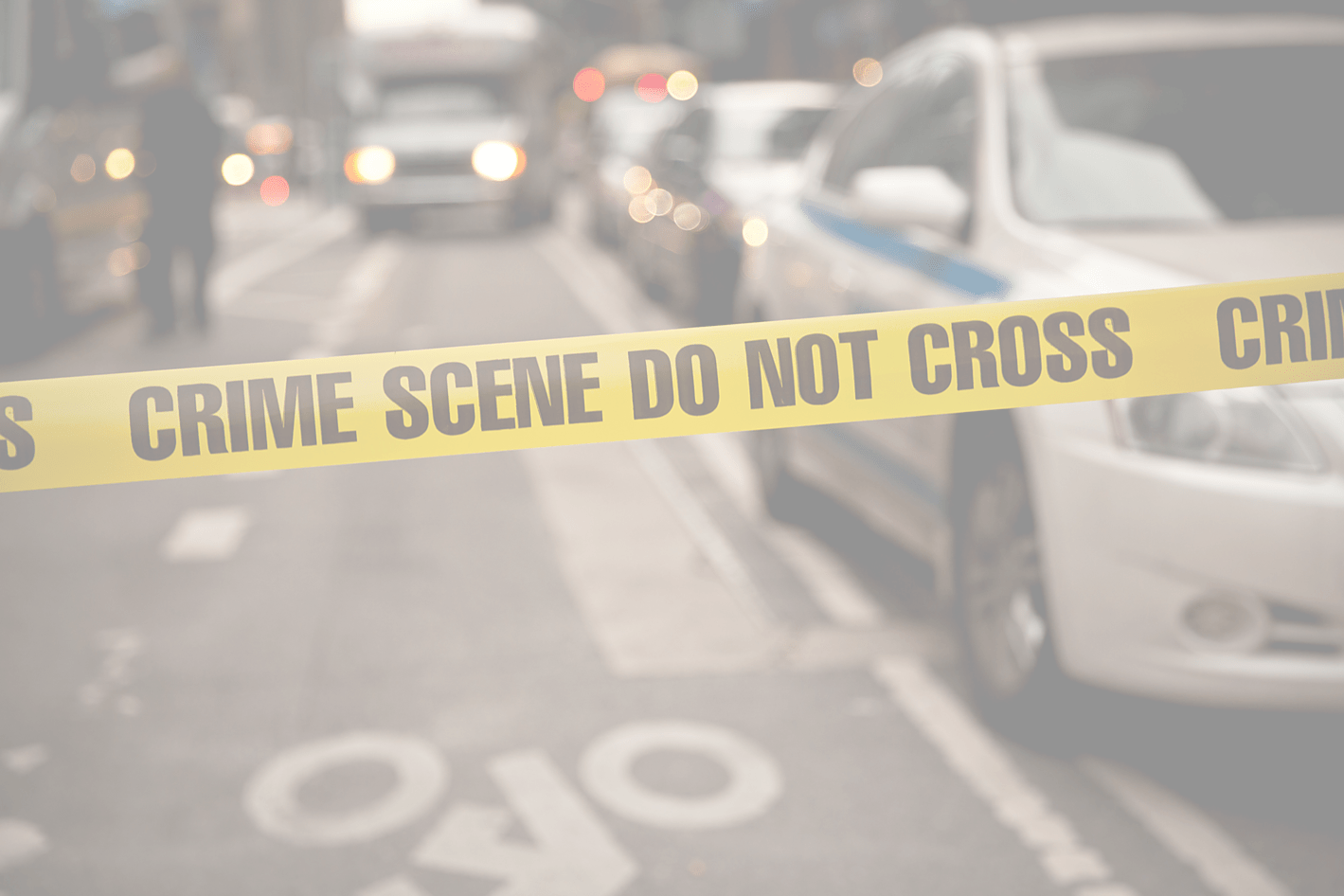
-
Unjustified force against others
-
Taking other people’s property by force or fraud
-
Interfering with other people’s ability to live freely
“The only purpose for which power can be rightfully exercised over any member of a civilized community, against his will, is to prevent harm to others.”
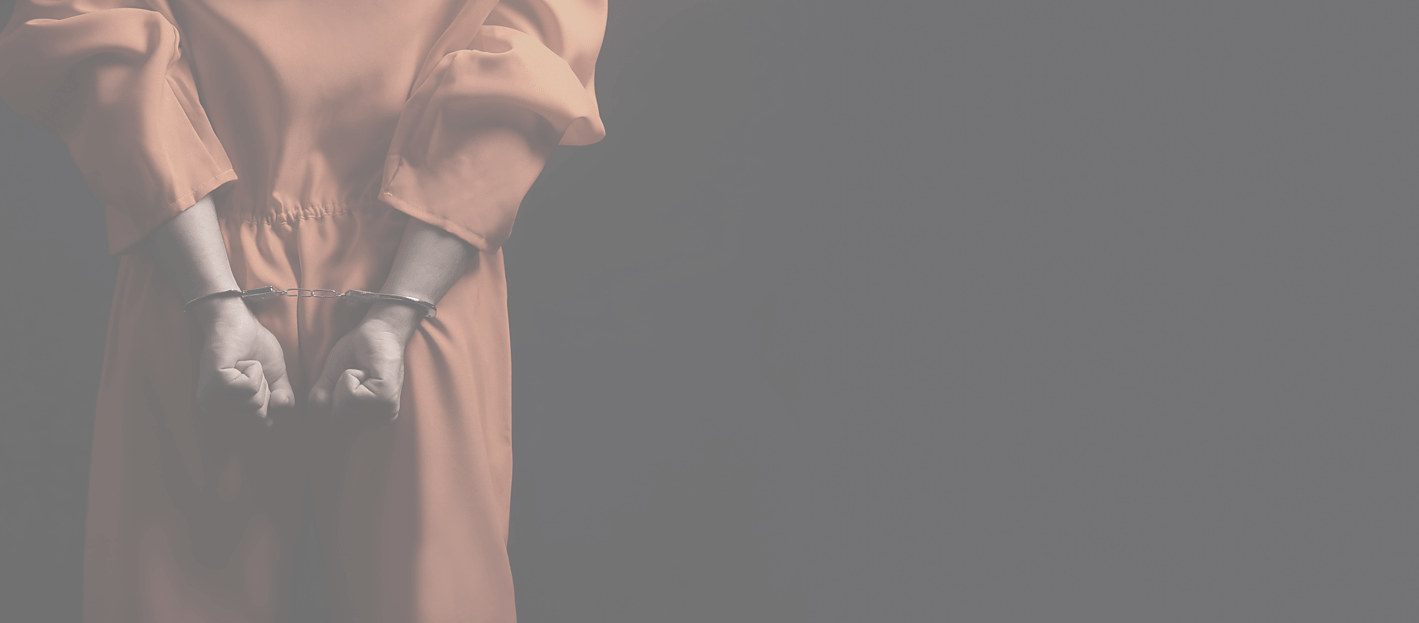
By outlawing activity that is not truly wrongful, the government itself actually creates crime.
As a result of these misguided and illiberal policies, the government ends up creating a great amount of crime that would likely not otherwise occur and designating as “criminals” a huge number of decent, peaceful, and otherwise law-abiding people.
Faced with the ensuing deluge of transgressors, the government responds by ditching many of our system’s most important protective mechanisms and replacing them with more-efficient—but often wildly unjust—workarounds.
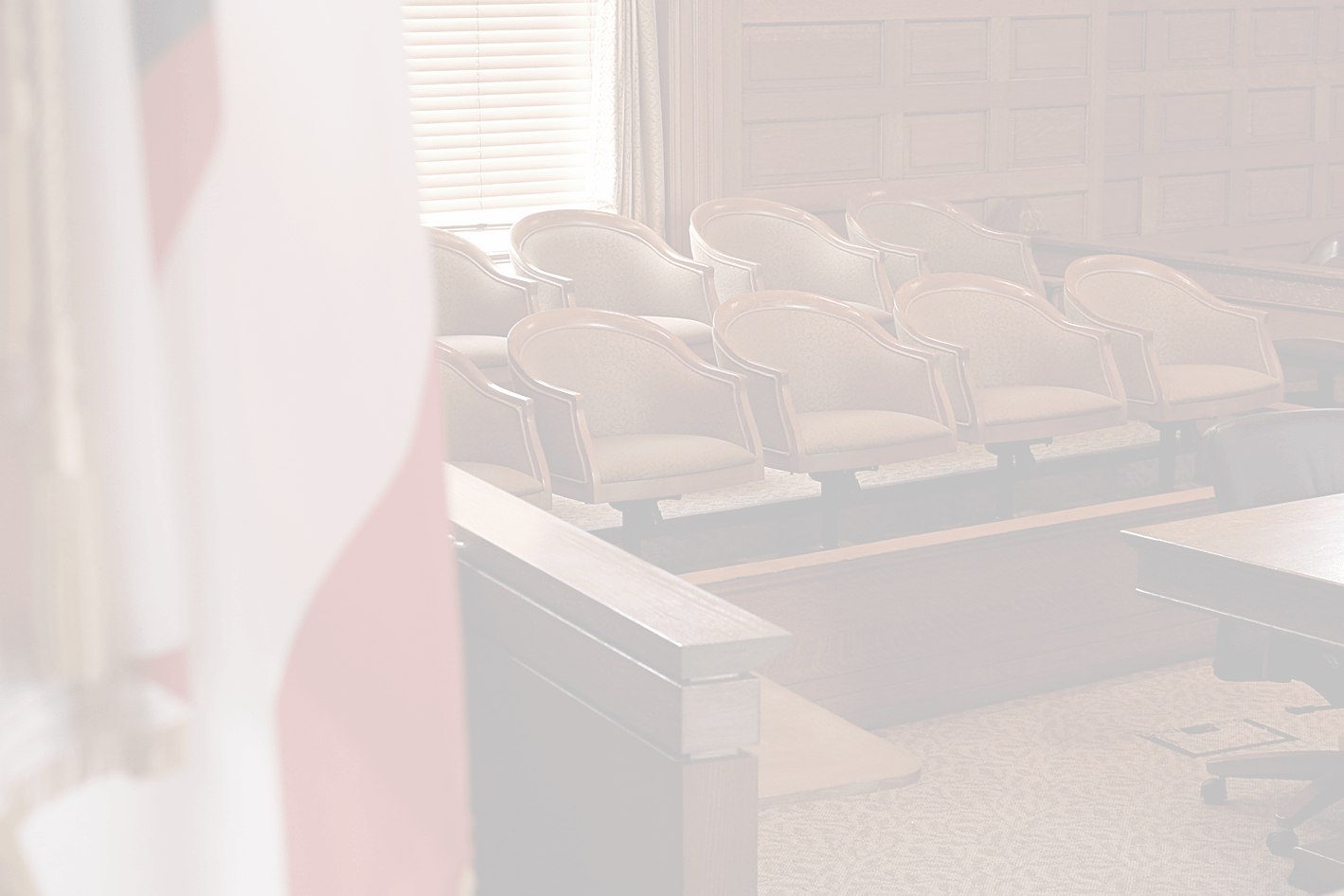
Building Blocks of a Functioning System
Some kind of criminal justice system is necessary to protect peaceful members of society from persistent rights violators.
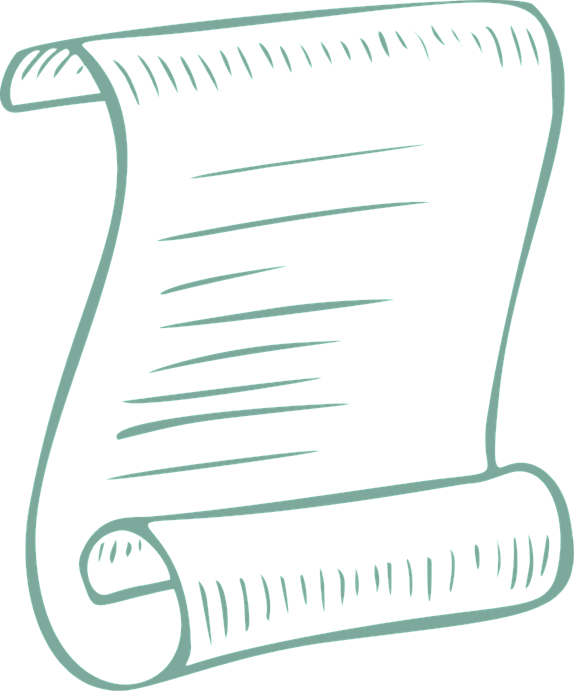
Robust protection for substantive and procedural rights
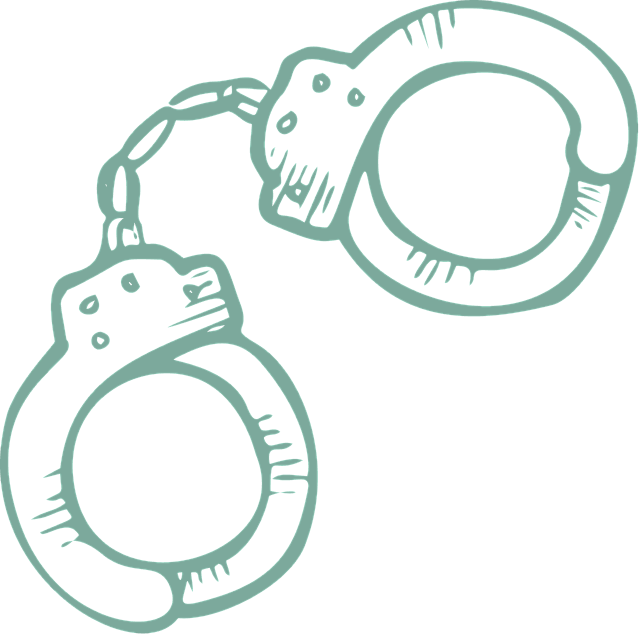
Strong accountability for those charged with enforcing the laws
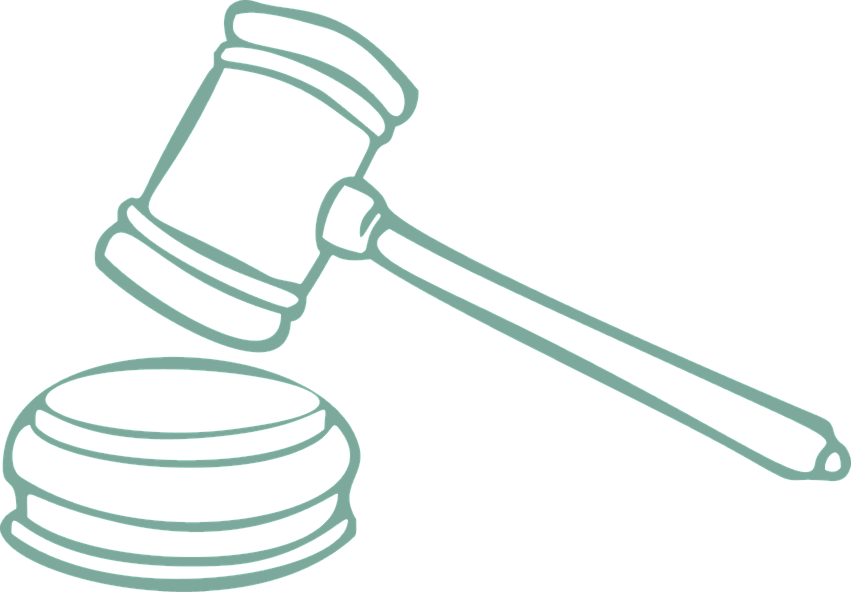
High levels of citizen participation in the administration of criminal justice
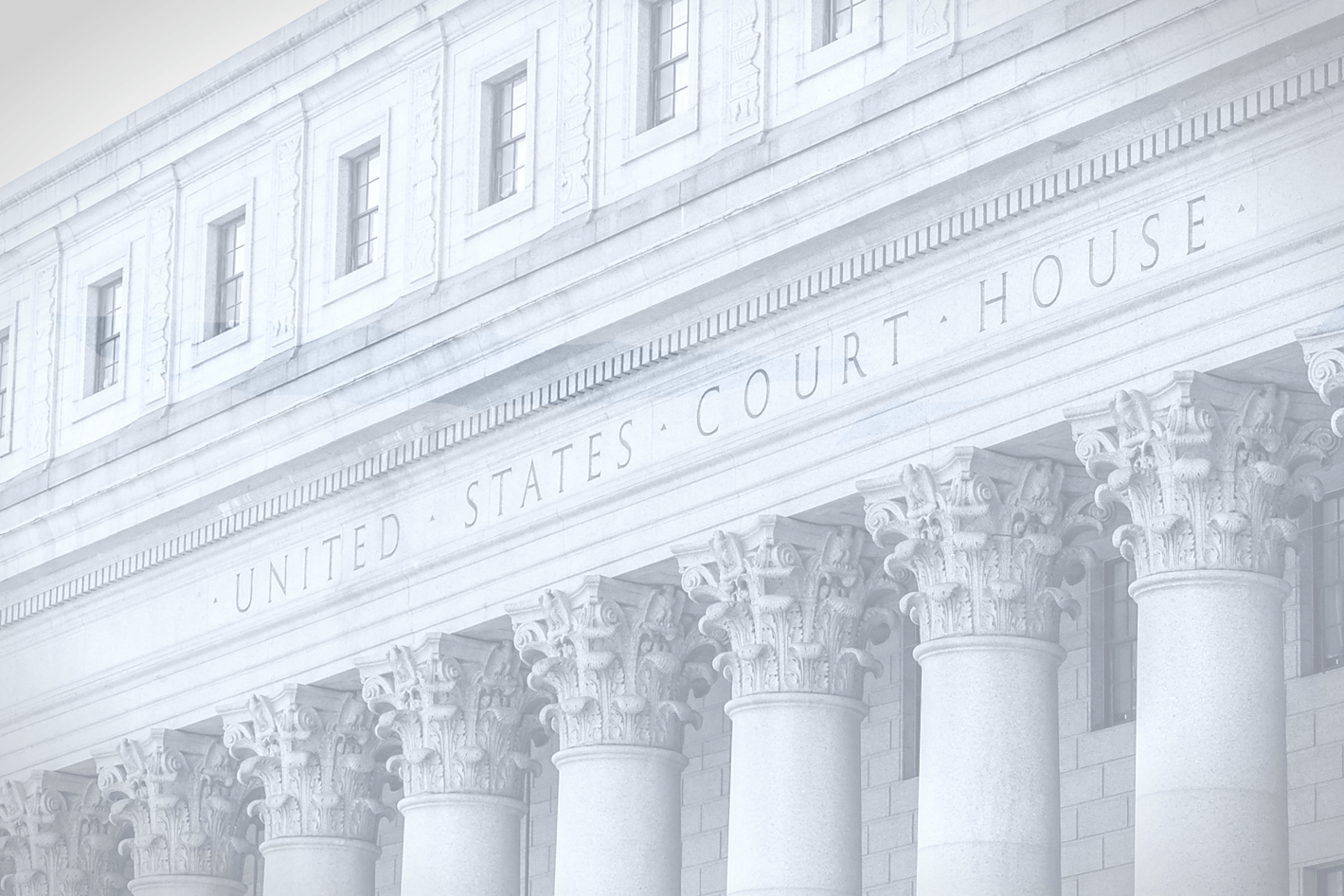
The United States has about 2 million inmates and another 7 million persons under the “supervision” of the criminal justice system.
Something is amiss.
The root of the problem is the burgeoning criminal codes at the “front end” of the criminal system. Policymakers at all levels of government have criminalized so many activities that our courthouses are clogged with cases and our prisons are overflowing with inmates.
Politicians have recklessly sought short‐term political advantage by taking “credit” for tough on crime laws while ignoring the long‐term consequences of their policy decisions.
It is no overstatement to say that the politics of criminalization threaten the very foundation of our free society.
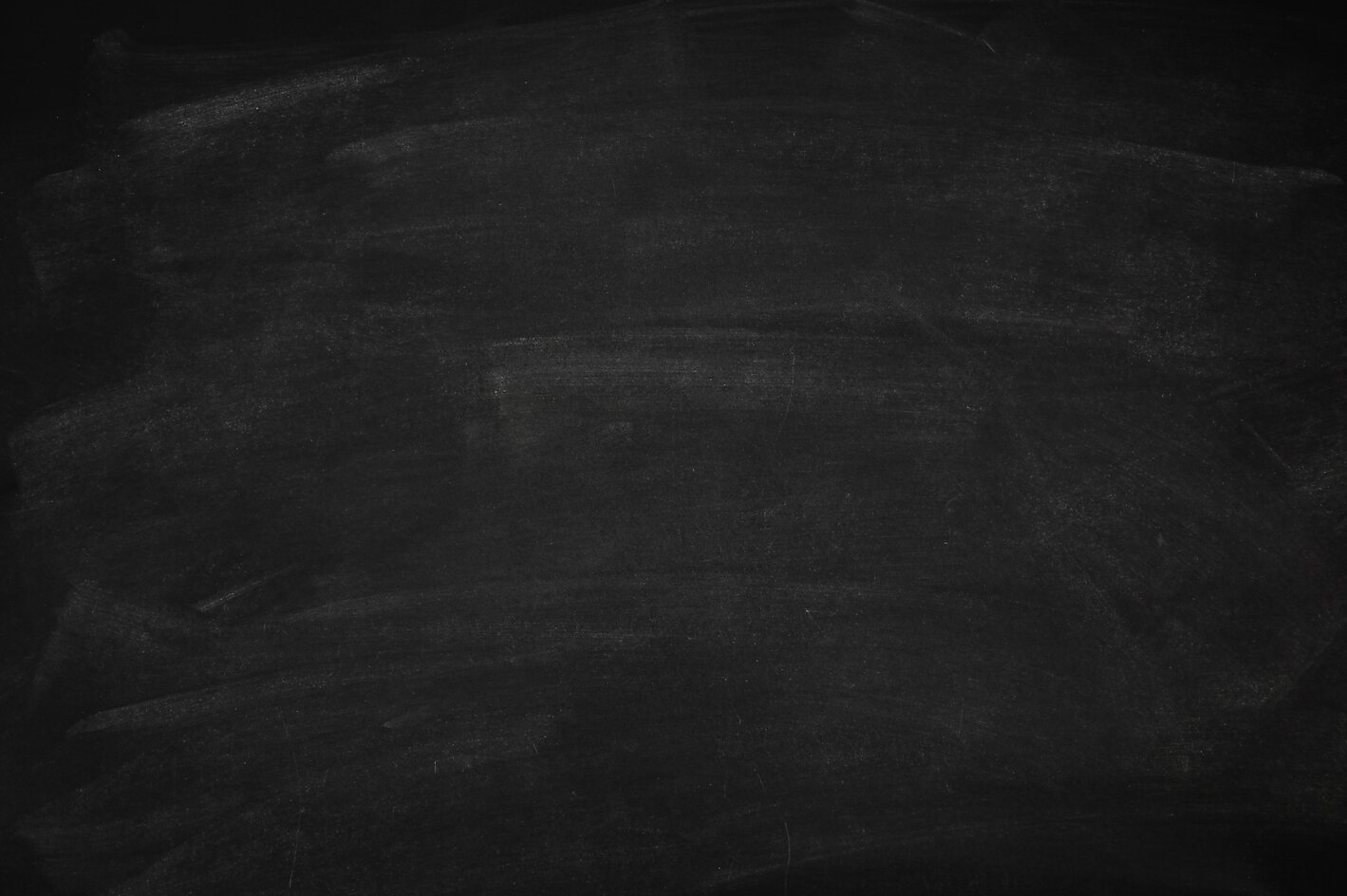
Coming Up Next
Theories of Criminal Justice
You will…
- look at two different theories prescribing why societies should criminalize behavior
- compare these theories to the reasons our government presently criminalizes behavior
